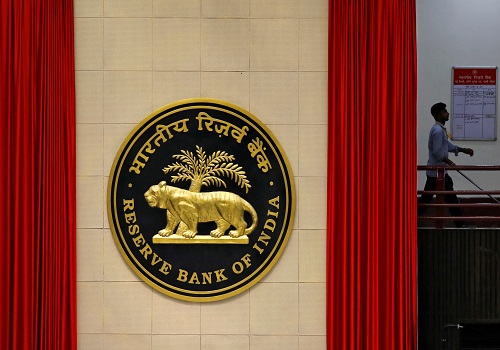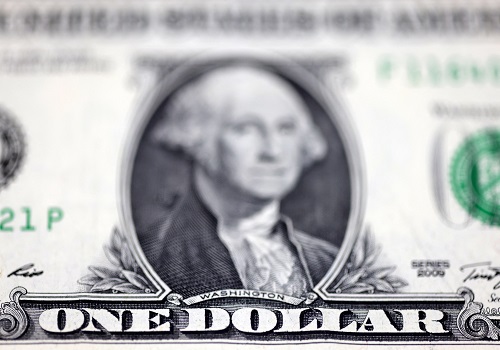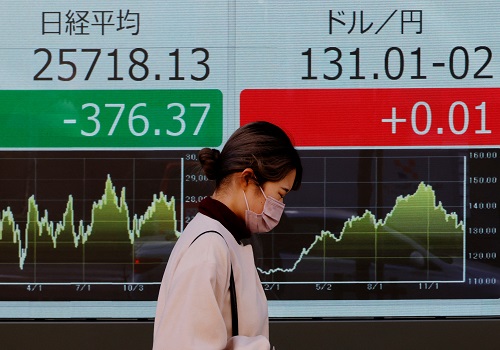Asia stocks struggle as Fed tightening fears flare

Follow us Now on Telegram ! Get daily 10 - 12 important updates on Business, Finance and Investment. Join our Telegram Channel
Asian stock markets attempted a comeback from big early losses on Wednesday, although most major markets were still in the red as investors worried about further aggressive monetary tightening following blowout U.S. labour data.
European markets looked somewhat steadier, with U.K. FTSE futures signalling a 0.24% rise and Germany's DAX futures up 0.62%. U.S. e-mini equity futures pointed to a 0.65% rebound for the S&P 500 from its 1.1% slide on Tuesday.
The overnight JOLTS report on job openings - closely watched by the Federal Reserve - pointed to extremely tight labour conditions, defying a string of large rate hikes and bolstering the case for more.
In addition, New York Fed President John Williams discouraged speculation about rate cuts next year if the economy slows too sharply, saying on Tuesday that the central bank likely needs to get the policy rate above 3.5% and is unlikely to lower rates at all in 2023.
"The strong JOLTS data and Fed rhetoric was the overwhelming narrative," knocking stocks further and pushing up bond yields, Tapas Strickland, an analyst at National Australia Bank, wrote in a note to clients.
"Financial conditions are a key transmission mechanism for monetary policy, and equities are part of that."
Japan's Nikkei sagged 0.52% and Chinese blue chips retreated 0.59%. Hong Kong's Hang Seng recovered from steep early declines to be down 0.39%.
However, MSCI's broadest index of Asia-Pacific stocks was flat.
Tuesday's heated U.S. labour data will make investors even more attentive to the monthly U.S. non-farm payrolls (NFP) report on Friday, with economists surveyed by Reuters expecting 300,000 jobs were added in August.
"The market is in a 'good news is bad news' phase," Thomas Westwater, an analyst at IG, wrote in a report.
"A rosy NFP print may drag on risk assets, including equities, which is unlikely to remain contained to Wall Street."
Money markets currently place 70.5% odds of a 75 basis-point increase by the Fed on Sept. 21.
The two-year U.S. Treasury yield, which is relatively more sensitive to the monetary policy outlook, hit a fresh 15-year high at 3.497% overnight, but eased back to 3.4681% in Tokyo trading.
The 10-year Treasury yield, which hit a two-month high of 3.153% on Tuesday, stood at 3.1155%.
The dollar index, which measures the currency against six major peers, softened 0.18% to 108.57, after starting the week by marking a new two-decade high at 109.48.
Gold was little changed at $1,724.50, hovering near a one-month low of $1,719.56, set Monday.
Crude oil rebounded from declines of more than $5 overnight, as industry data showed U.S. fuel stocks fell more than expected.
U.S. West Texas Intermediate (WTI) crude futures jumped 90 cents, or 1%, to $92.54 a barrel, after sliding $5.37 in the previous session driven by recession fears.
Brent crude futures for October climbed 70 cents, or 0.7%, to $100.01 a barrel, trimming Tuesday's $5.78 loss.












 320-x-100_uti_gold.jpg" alt="Advertisement">
320-x-100_uti_gold.jpg" alt="Advertisement">












